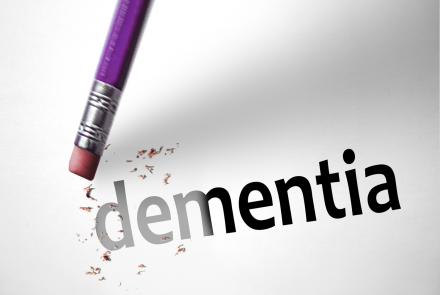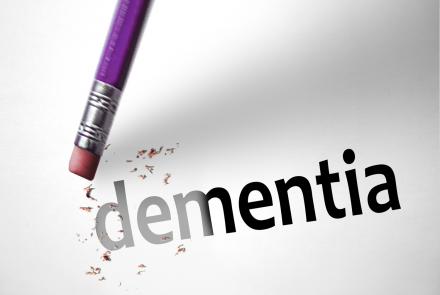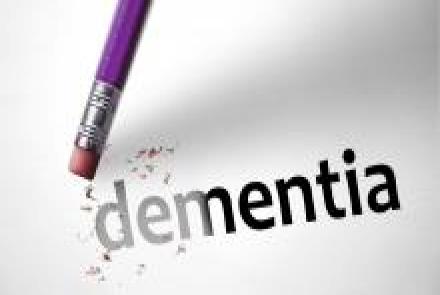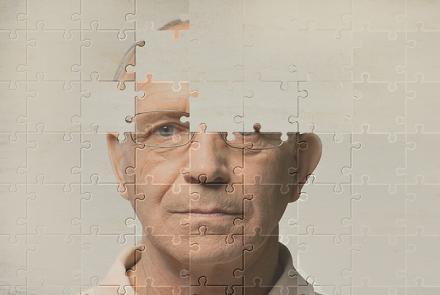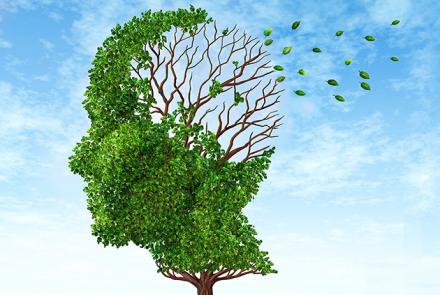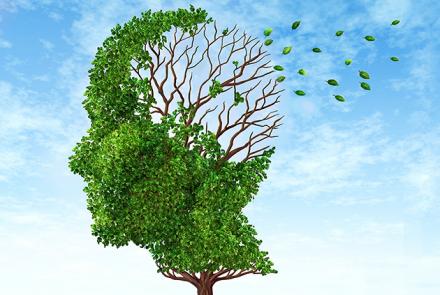What tests do you need to do to assess if a person has Dementia:
Mini mental state examination (MMSE): This is a brief 30-point questionnaire test. It takes about 10 minutes and examines functions including arithmetic, memory and orientation.
Abbreviated mental test score (AMTS): This was introduced in 1972 to rapidly assess elderly patients for the possibility of dementia.
Modified Mini-Mental State Examination (3MS)
Cognitive Abilities Screening Instrument (CASI)
Informant…
Latest Stories
- The most common symptoms of Dementia are: • Memory loss, especially of more recent events • Hallucinations and delusions • Confusion • Balance problems • Loss of bladder or bowel control • Sleep disturbances, including insomnia and acting out dreams — physically moving limbs, sleep talking, screaming, hitting or even getting up and engaging in daytime activities. • Difficulty finding their way around, especially in new or unfamiliar surroundings • Problems finding the correct words…
- What causes Dementia The most common cause is Alzheimer's disease, which accounts for up to 60% of all cases. Alzheimer's disease is caused by the destruction of certain brain cells leading to the loss of the neurotransmitter acetylcholine. Vascular dementia, which occurs after a stroke, is the second most common dementia type. But there are many other conditions that can cause symptoms of dementia, such as thyroid problems and vitamin B complex deficiencies. Dementia can also be caused by…
- Ekta Hattangady became her mother’s primary caregiver when she was 13. Her mother had Early Onset Alzheimer’s at age 43. Hindsight is always 20-20. I was an Alzheimer’s caregiver between 18-15 years ago. The world was a different place then. The internet was not as big as it is today and nor was Alzheimer’s a household name. Not in India, anyway. As time has passed, my work with families and people with dementia has increased and my level of knowledge about the disease has grown…
- Lymphoma is the name for a group of blood cancers that develop in the lymphatic system. The two main types are Hodgkin lymphoma and non-Hodgkin lymphoma (NHL).
- What is Alzheimer's disease? Alzheimer's disease is a neurological disorder (disorder of the nervous system) in which the death of brain cells causes memory loss and cognitive decline. The disease starts mild and gets progressively worse. Mostly, it’s the neurons (nerve cells) that are destroyed in Alzheimer’s disease. Our thoughts and memories move through nerve cells as electrical charge. Alzheimer’s disease disrupts electrical charges within the cell and also the activity of…
- What are the stages of Alzheimer’s disease? The disease progresses differently in different individuals, but the following offers a rough guide to the various stages: Stage 1 – Mild/Early (lasts 2-4 yrs) This stage may be marked by frequent memory loss, particularly of recent conversations and events. The person may repeat the same questions and show some difficulty in understanding conversation. Mild coordination problems, like writing and using objects. Depression and apathy can occur,…
- How can you keep the patient well: Creating a safe and supportive environment: You may need to modify the home depending on the needs of the patient. This may include locking doors (if the patient is prone to wandering), installing gates in front of stairs to prevent falls, removing rugs or other objects that one could trip over, use of bright lighting or labelling the kitchen or the bathroom to reduce confusion for the patient. Regular exercise: This has known benefits for heart health…
- Can Alzheimer's be prevented? Currently there's no proven way to prevent Alzheimer's disease. Research into prevention strategies is ongoing. The strongest evidence so far suggests that you may be able to lower your risk of Alzheimer's disease by reducing your risk of heart disease. Many of the same factors that increase your risk of heart disease can also increase your risk of Alzheimer's disease. Important factors that may be involved include high blood pressure, high blood cholesterol,…

